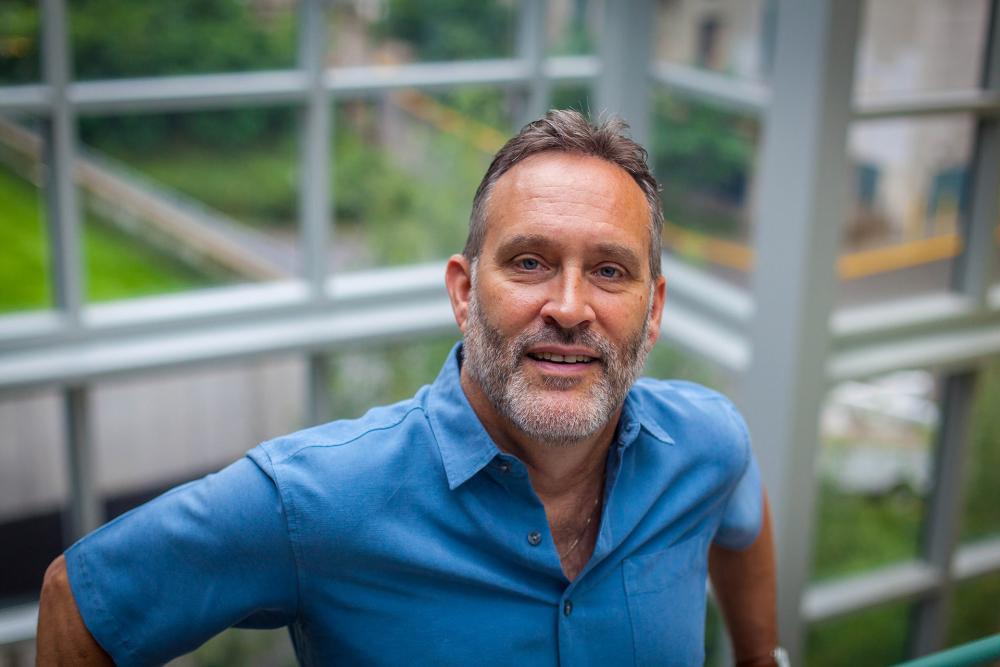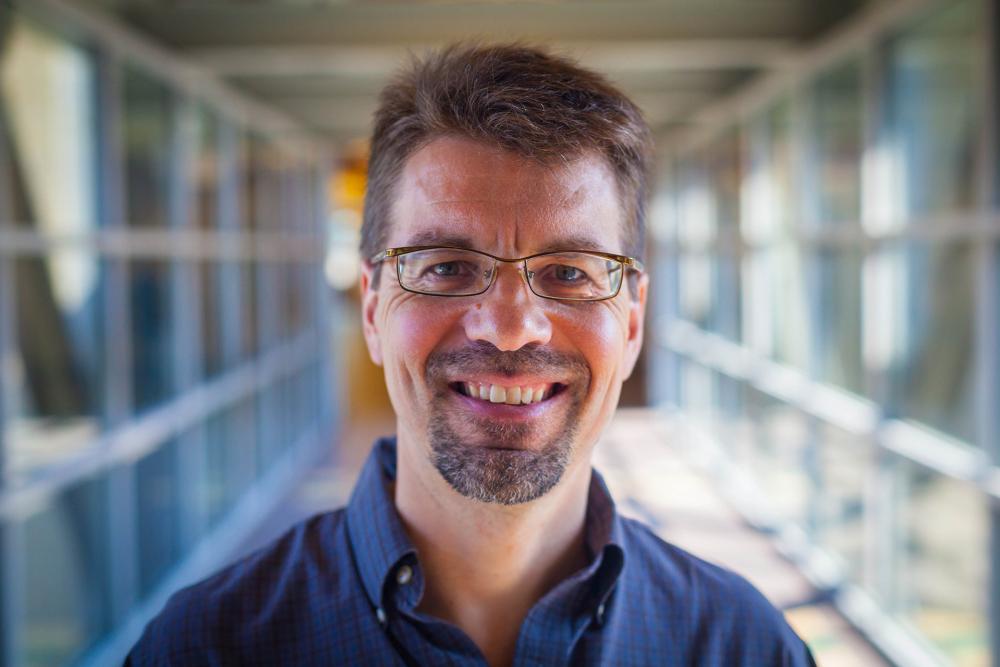An “opportunity chasm” resides between the current poor state of education, on one hand, and the tremendous research-demonstrated potential of learning science and technology, on the other. Per pupil K-12 expenditures continue to increase, yet we see little to no corresponding improvement in student learning outcomes. Economic, racial, and international achievement gaps persist and are at the core of most of our most serious social problems.
The design and engineering of much more effective and much less costly education that address these concerns is possible. A growing number of cases indicate that interdisciplinary teams of scientists, engineers, and educators can and have designed and developed technology-enabled, blended educational solutions that do just that.
What is lacking is the shared intellectual capacity and institutional commitment among interdisciplinary teams of scientists, engineers, and instructors to make use of technology-enabled, data-driven methods for continuous improvement.
To address this pressing need, we are proud to sponsor the Learning Engineer Postdoctoral program that brings together academia and education technology industry members to increase intellectual capacity and institutional commitment to ed tech solutions.
With the support of Schmidt Futures, we have launched a program of postdoctoral researchers to engage in industry-university partnerships that are currently spurring innovation in education technology.
The partnerships will include: 1) At least one data analytic project to be completed before the end of the first year. It may involve an A/B test but that is not required. 2) At least one close-the-loop project to be completed by the end of the second year which must involve an A/B test.
The partnership is also expected to produce generalizable science and/or technology that other institutions (companies, schools, universities) can use. The effort is also expected to improve the company product, particularly with reference to increasing student learning outcomes and/or reducing time or costs while maintaining learning outcomes.
We have accepted and placed four post-docs who are currently working in industry partnerships, and while we have plans to expand the program, we currently do not have funding for new post-docs. Companies interested in fully funding a Learning Engineer postdoctoral student or a visiting scholar in collaboration with Carnegie Mellon University should contact Bruce McLaren.
For more information, please see refer to the Frequently Asked Questions page or contact:

Bruce McLaren
Associate Research Professor
Human-Computer Interaction Institute
Carnegie Mellon University
bmclaren@cs.cmu.edu

Ken Koedinger
Professor
Human-Computer Interaction Institute
Carnegie Mellon University
koedinger@cmu.edu